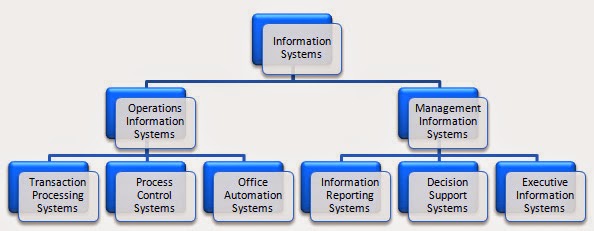Information acquisition has become a critical but increasingly complex function in information management. Information acquisition seeks to balance two opposing demands. On the one hand, the organization’s information needs are wide-ranging, reflecting the breadth and diversity of its concerns about changes and events in the external environment.
On the other hand, human attention and cognitive capacity is limited so that the organization is necessarily selective about the messages it examines. The first corollary is therefore that the range of sources used to monitor the environment should be sufficiently numerous and varied as to reflect the span and sweep of the organization’s interests. While this suggests that the organization would activate the available human, textual, and online sources; in order to avoid information saturation, this information variety must be controlled and managed.
A powerful way of managing information variety is to involve as many persons as possible in the organization in the gathering of information, effectively creating an organization wide information collection network. People, not printed sources or electronic databases, will always be the most valuable information sources in any organization.
People read widely; communicate frequently with customers, competitors, suppliers; work on a variety of projects; and accumulate specialized knowledge and experience. Unfortunately, information acquisition planning typically does not include human sources. This is a serious deficiency. Human sources are among the most valued by people at all levels of the organization: human sources filter and summarize information, highlight the most salient elements, interpret ambiguous aspects, and in general provide richer, more satisfying communication about an issue. Information acquisition planning should therefore include the creation and coordination of a distributed network for information collection.
Complementing the network could be a directory or database of experts: both the business and subject experts who work within the organization, and the external consultants or professional specialists who have worked with the organization.
A well maintained database of internal and external experts can become a prized information asset of the organization, as people seeking information use it to connect with the best available expertise. The database may also be used to locate knowledgeable experts who can assist in evaluating current information resources, recommending new materials, assigning priorities, and so on.
The selection and use of information sources has to be planned for, and continuously monitored and evaluated just like any other vital resource of the organization. Furthermore, incoming information will have to be sampled and filtered according to their potential significance. Such sampling and filtering is an intellectual activity best performed by humans—it requires human judgment based on knowledge of the organization’s business as well as the strengths and limitations of information resources. http://www.InfosDemocracy.com

No comments:
Post a Comment
Prince S. Eric John is an author and a well known expert in the direct response copywriting & digital marketing Industry, committed to teaching people real online and offline marketing strategies that drives traffic and generates sales!
Leave Your comment below and See how I can assist you with any request